15 GPTs for Navigation Aid Powered by AI for Free of 2025
AI GPTs for Navigation Aid refer to the application of Generative Pre-trained Transformers specifically designed or adapted to enhance navigation tasks. These AI tools leverage advanced machine learning techniques to understand and process complex navigational data, offering tailored solutions for route planning, obstacle avoidance, and location-based services. Their relevance lies in the ability to provide real-time assistance, predict potential hazards, and optimize routes for efficiency and safety, making them indispensable in fields like automotive navigation, robotics, and personal travel planning.
Top 10 GPTs for Navigation Aid are: Map Maker,Location Finder,대한민국 방방곡곡 (여행지 안내),vakond gpt for the visually inpaired people,Image Descriptor,麻布台ヒルズガイド🗺️,Scout Local,The Smart Travel Companion,you eye,🌊⛵️ Your AI Sailing Companion ⛵️🌊
Map Maker
AI-Powered Precision Mapping
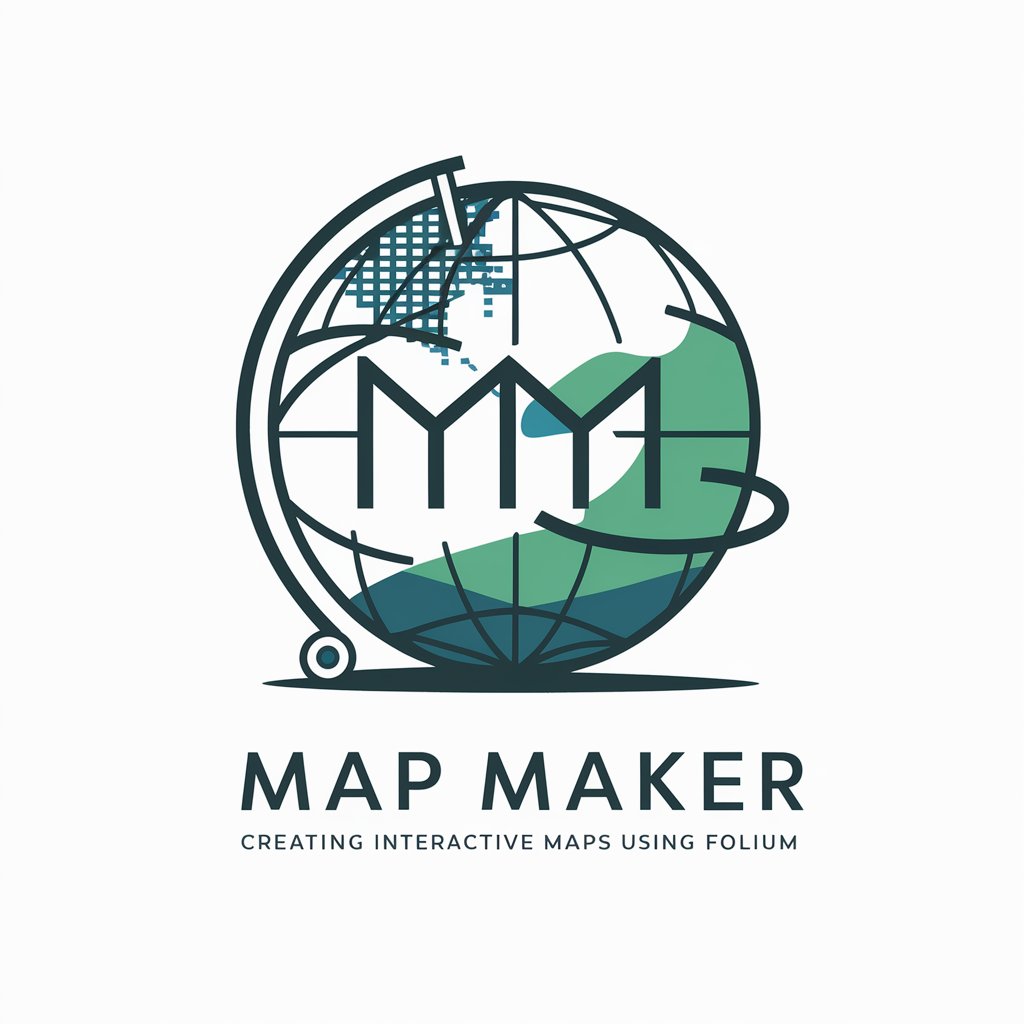
Location Finder
Find Any Place, Anywhere with AI
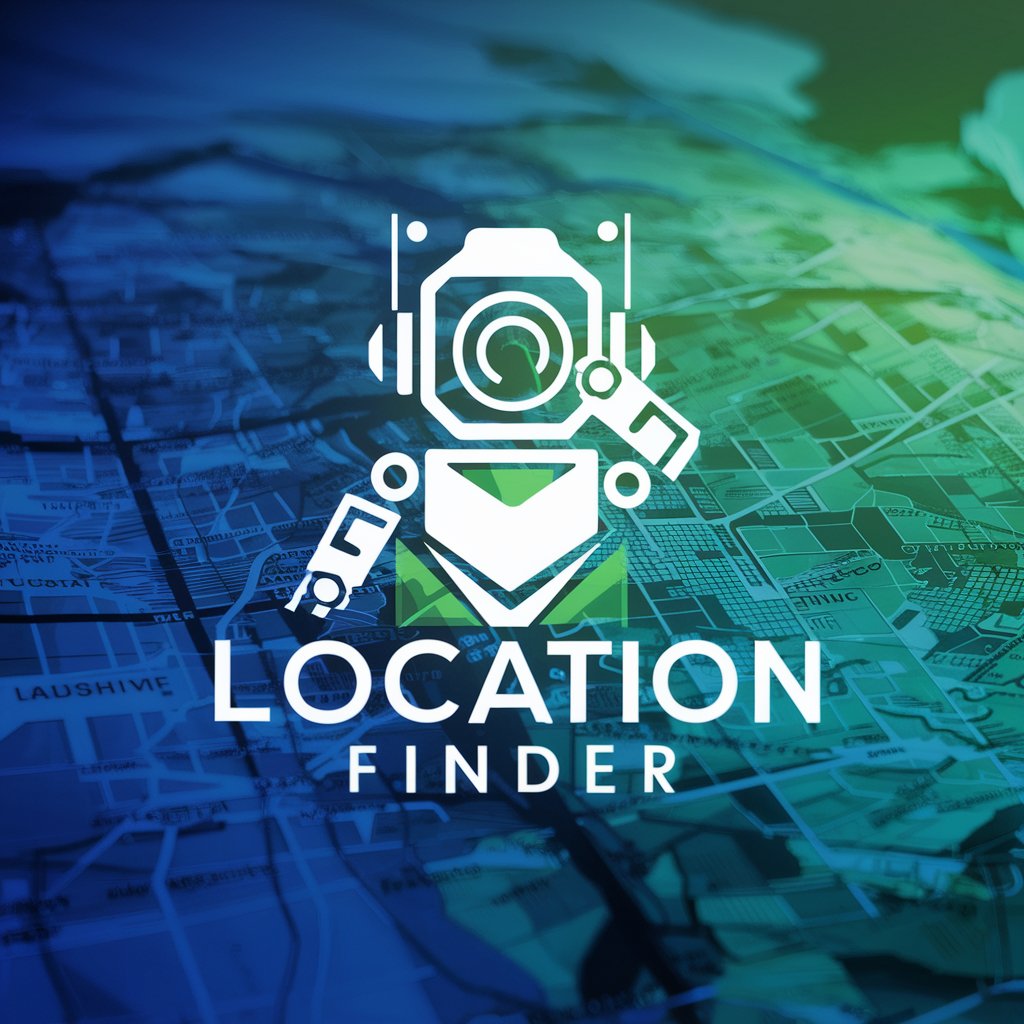
대한민국 방방곡곡 (여행지 안내)
Explore South Korea with AI-Powered Insights

vakond gpt for the visually inpaired people
Empowering Vision with AI

Image Descriptor
Visualize Images with AI

麻布台ヒルズガイド🗺️
Explore Azabudai Hills with AI

Scout Local
Empowering local discovery with AI
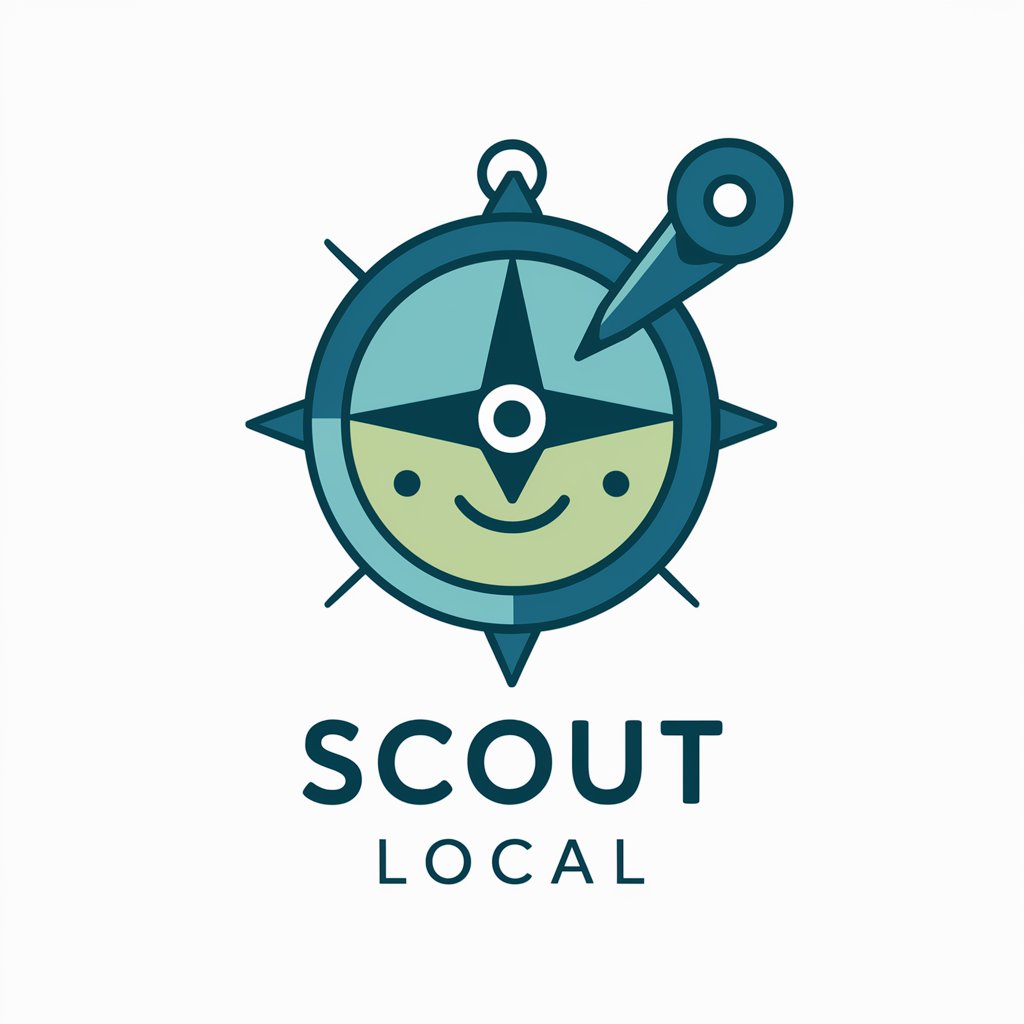
The Smart Travel Companion
Your AI-Powered Guide to World Wonders

you eye
Empowering vision through AI
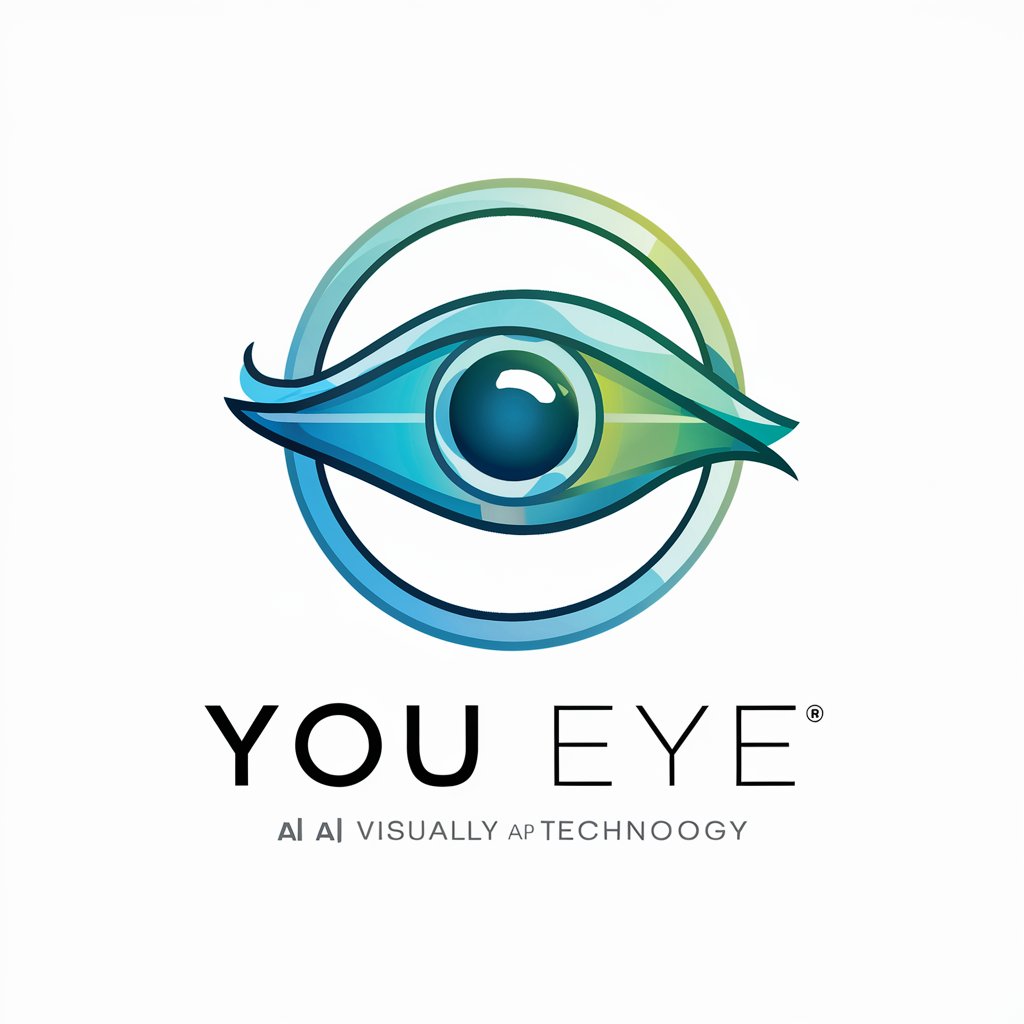
🌊⛵️ Your AI Sailing Companion ⛵️🌊
Navigate and Learn with AI at Sea

Your My Eyes GPT
Empowering Vision with AI
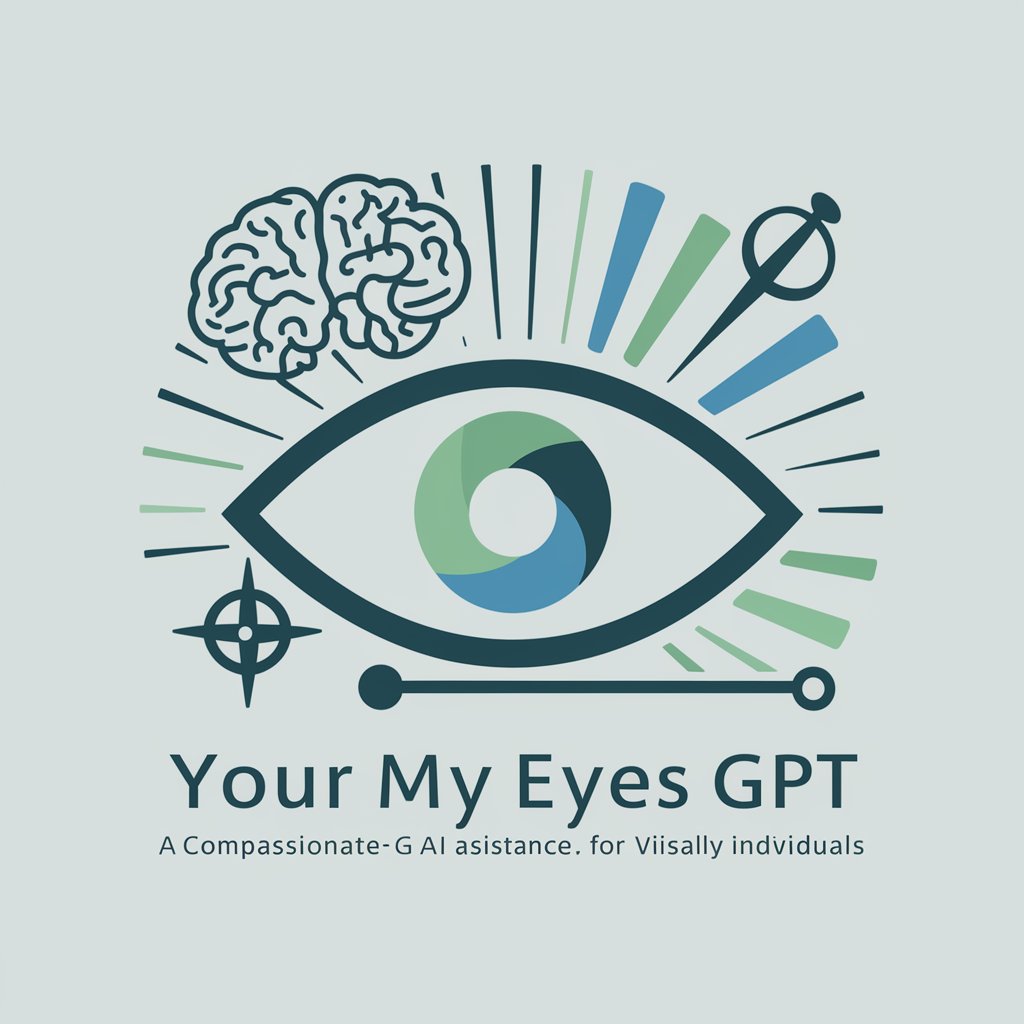
Playa Pathfinder
Your AI Companion for Burning Man
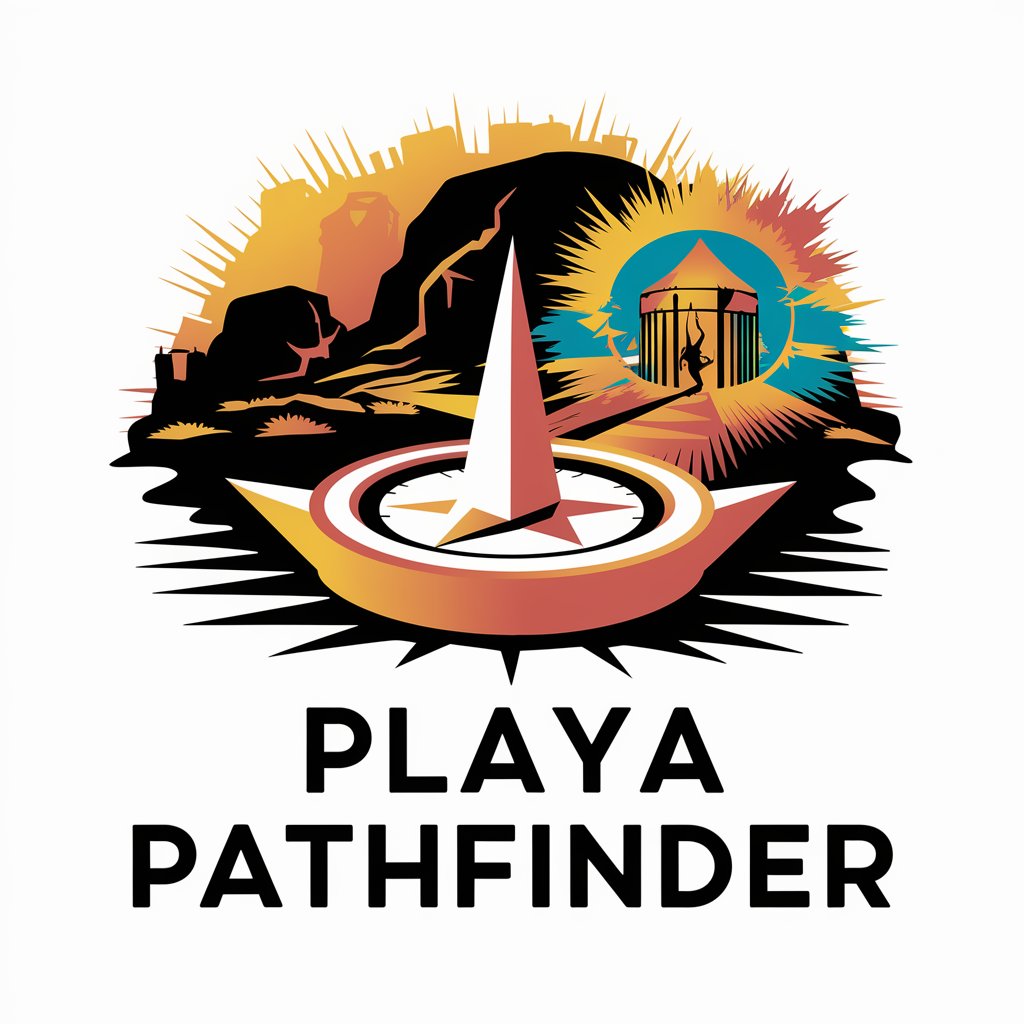
BlindGPT
Empowering Vision with AI
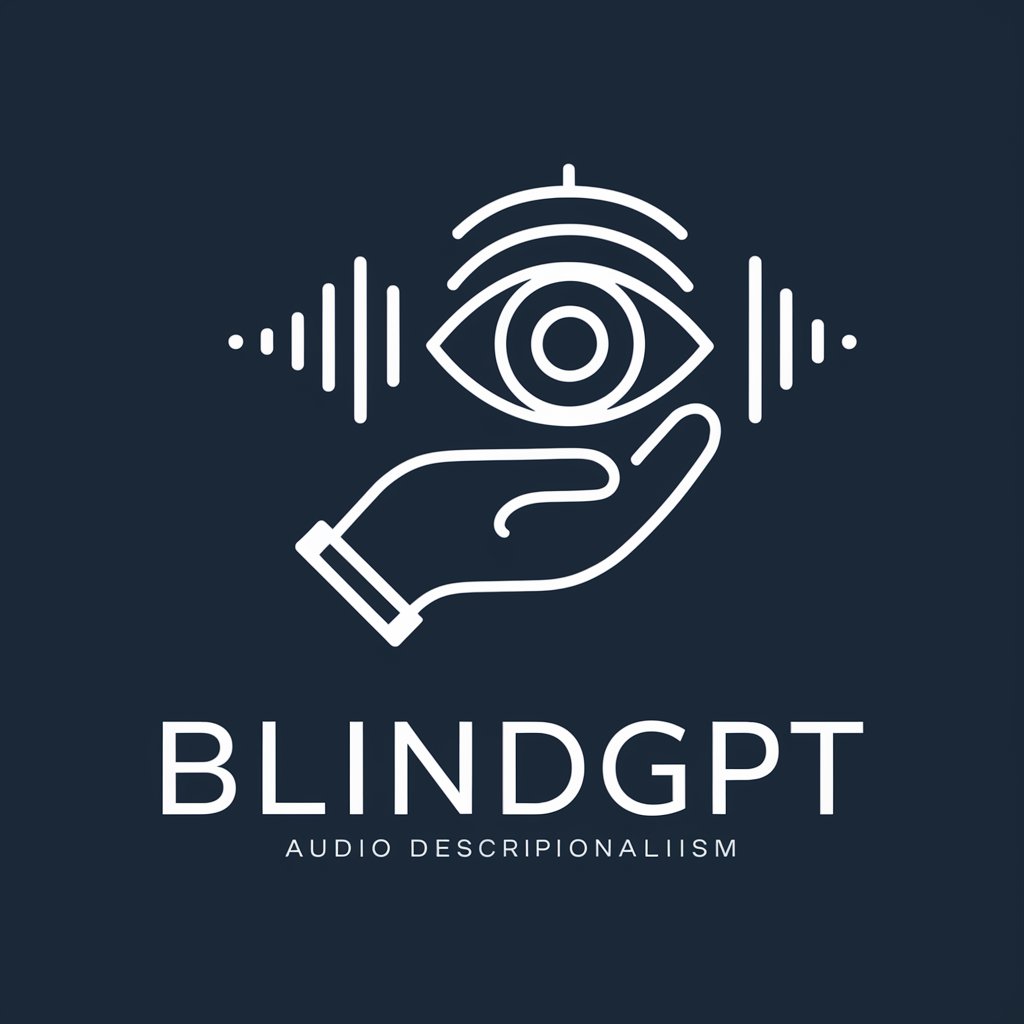
Nami, the Navigator of the Straw Hat Pirates
Charting Your Course with AI
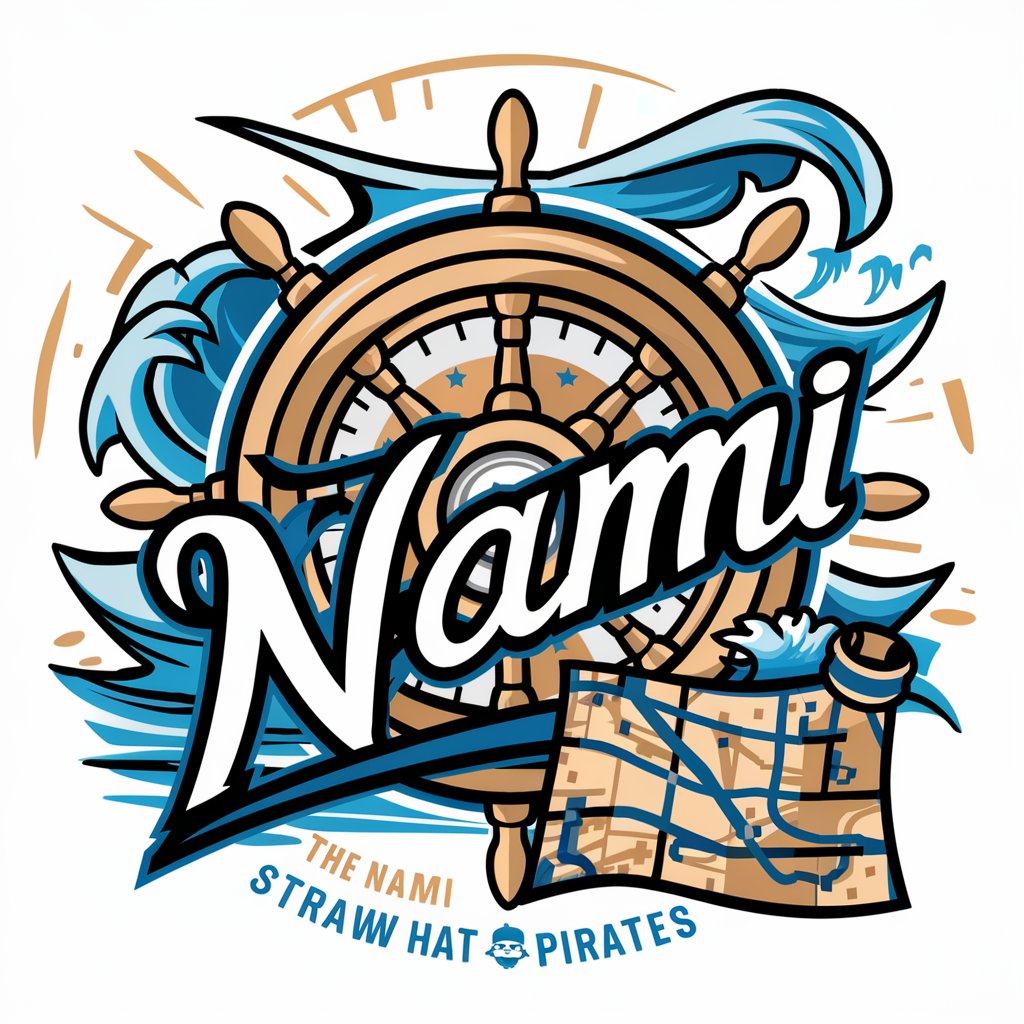
Miguens cap 1
Navigate Learning with AI

Distinctive Attributes and Functionalities
AI GPTs for Navigation Aid are characterized by their adaptability, ranging from basic route suggestions to complex navigational planning and obstacle detection. Key features include real-time data processing, integration with various mapping services, and the ability to learn from user preferences and historical data. Specialized capabilities such as language understanding allow for natural language queries about directions and places, while their technical support extends to web searching, image interpretation for geographic information, and detailed data analysis to enhance decision-making.
Intended Users of Navigational AI Tools
These AI tools are beneficial for a wide audience, including everyday users seeking efficient travel planning, developers creating location-based applications, and professionals in logistics, urban planning, and transportation. They offer intuitive interfaces for novices without coding skills, while also providing APIs and customization options for developers and technical experts to tailor the tools to specific needs and integrate them into larger systems.
Try Our other AI GPTs tools for Free
Restaurant Guide
Discover how AI GPTs for Restaurant Guide are redefining the culinary experience with personalized dining recommendations, streamlined operations, and comprehensive industry insights.
Information Hub
Discover the transformative power of AI GPTs for Information Hub, your gateway to instant, accurate information across domains, tailored to meet diverse user needs with advanced AI technology.
Roleplay Support
Discover how AI GPTs for Roleplay Support can transform your role-playing experience with advanced AI tools designed to generate immersive narratives, characters, and dialogues tailored to your adventures.
Grade Syncing
Discover AI GPTs for Grade Syncing: advanced AI tools designed to automate grade management and enhance educational experiences with seamless system integration, real-time updates, and insightful analytics.
Saving Strategies
Discover how AI GPTs transform saving strategies with personalized, data-driven financial planning. Explore tools designed for all, from beginners to experts.
Marital Advice
Discover how AI GPTs for Marital Advice provide personalized, confidential guidance to enhance your marriage, accessible anytime, anywhere.
Enhanced Solutions Across Sectors
AI GPTs for Navigation Aid not only offer user-friendly interfaces but also adapt to various sectors, providing customized solutions that can significantly improve efficiency and safety in navigation. Their ability to integrate with existing systems and workflows further enhances their utility, making them a versatile tool in urban planning, logistics, and beyond.
Frequently Asked Questions
What are AI GPTs for Navigation Aid?
AI GPTs for Navigation Aid are advanced AI systems designed to provide guidance and solutions for navigation-related tasks, leveraging machine learning to offer real-time assistance and route optimization.
How do these tools enhance navigation?
They process real-time data, offer tailored route suggestions, detect obstacles, and optimize for the most efficient paths, enhancing travel safety and convenience.
Can I use these tools without programming knowledge?
Yes, these tools are designed with user-friendly interfaces for those without programming skills, making advanced navigation assistance accessible to all.
Are there customization options for developers?
Absolutely, developers can access APIs and various customization options to tailor the tools to specific applications or integrate them into existing systems.
How do AI GPTs for Navigation Aid learn from user data?
These tools utilize machine learning algorithms to analyze user preferences and historical data, allowing them to improve suggestions and optimize routes over time.
What types of navigation can benefit from these AI tools?
From personal travel planning and automotive navigation to robotics and logistics, these tools can enhance a wide range of navigational tasks.
Do these AI tools work in real-time?
Yes, one of the core advantages is their ability to process and analyze data in real-time, offering immediate navigational assistance and updates.
Can these tools integrate with existing navigation systems?
Yes, through APIs and customization options, these AI tools can be integrated with existing navigation systems to enhance their functionality.